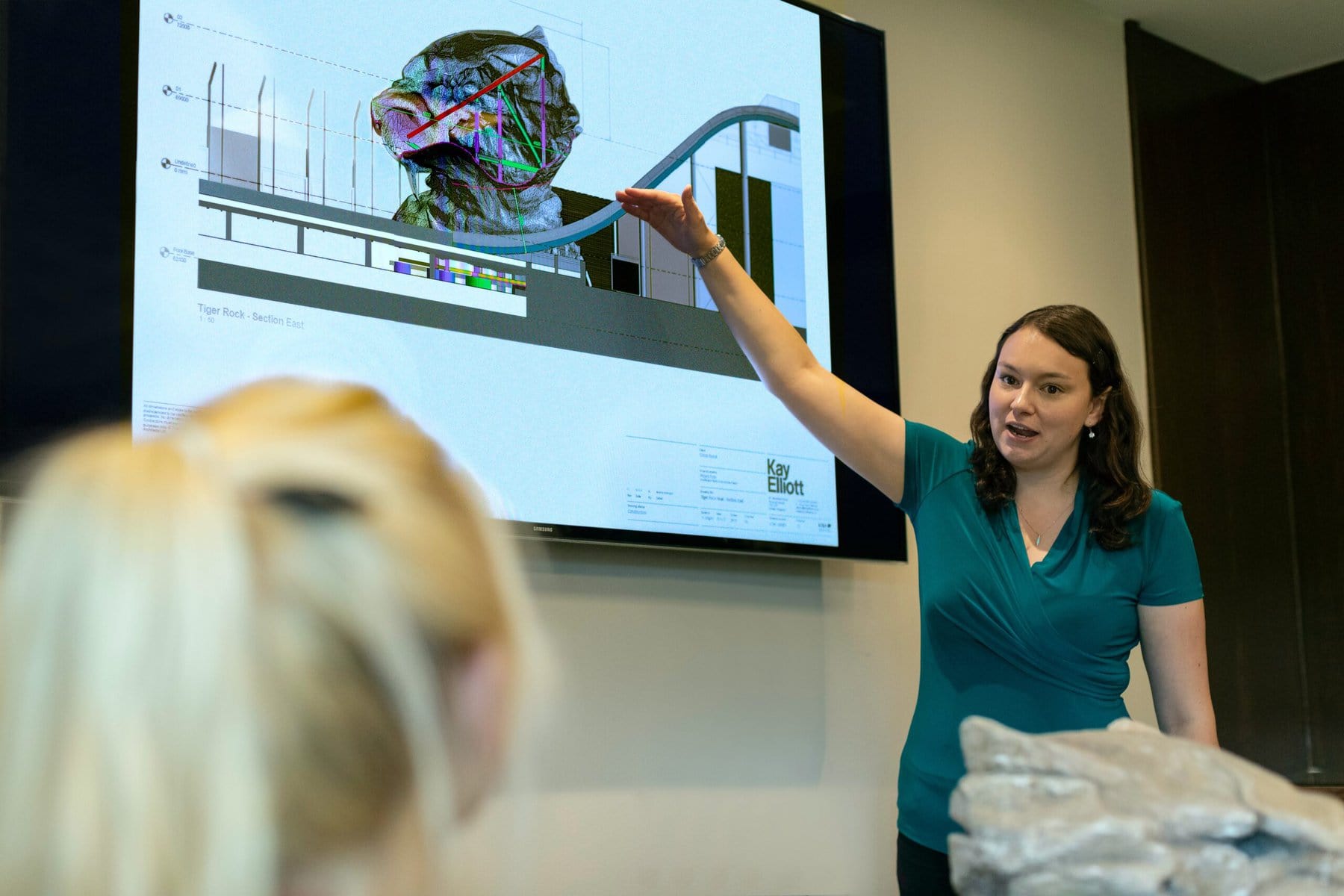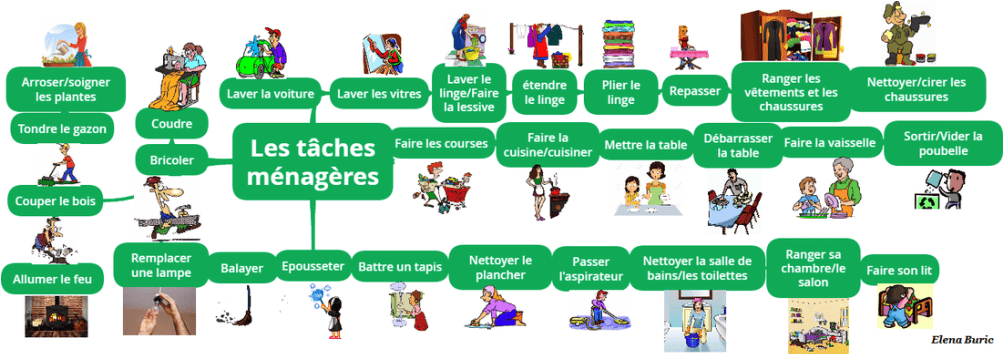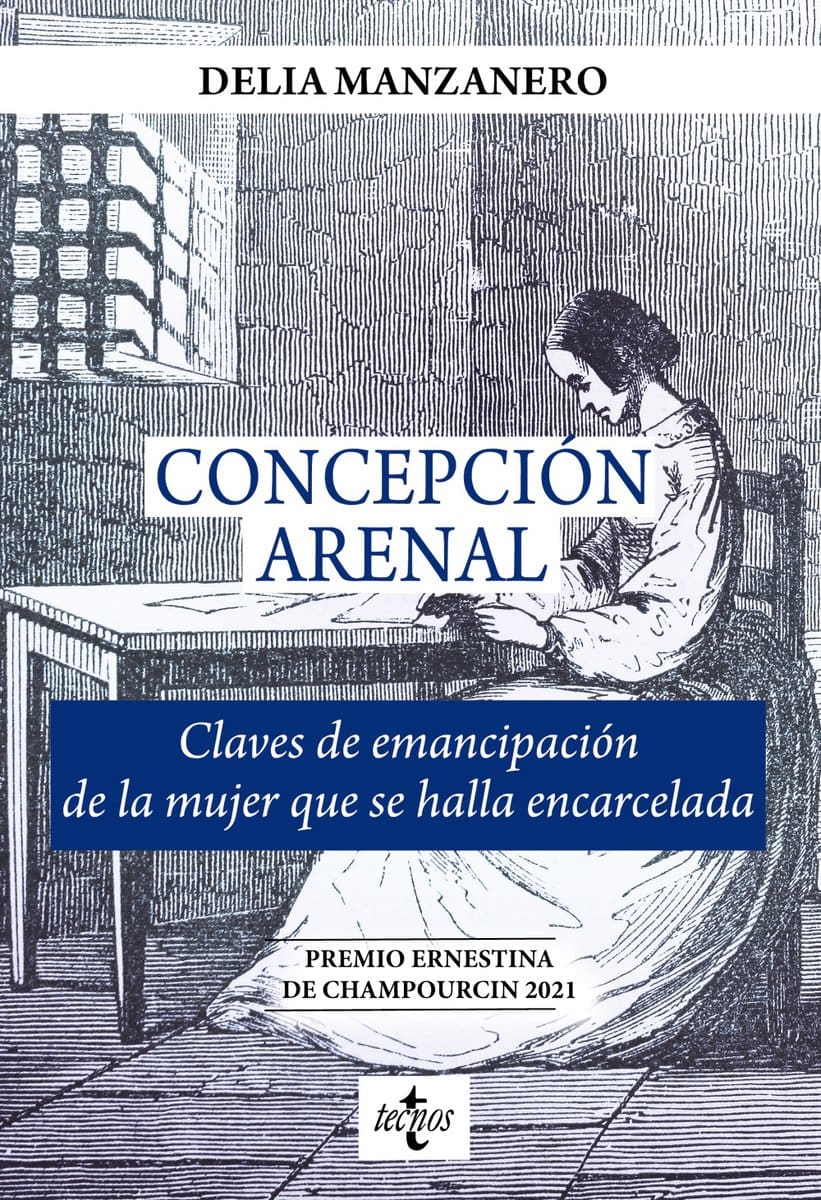Women, Science and Leadership
By Prof.Dr. Nuria Chinchilla, IESE Business School https://blog.iese.edu/nuriachinchilla/2022/09/mujer-ciencia-y-liderazgo/
Translated into English by deeptl.
The presence of women in the scientific field continues to present a significant imbalance in Spain and the world. Why do women stay away from this area? Are external or internal restraints causing this situation? How can we encourage and support young women scientists? We addressed this issue in the first I WiL Networking Lunch of the course 2022-23 (20/9/2022), with the presence of a great connoisseur of the subject, Maria Iraburu, Professor of Biochemistry and Molecular Biology and Rector of the University of Navarre.
According to UN data, less than 30% of scientific researchers are women. In our country, women occupy 25% of the positions of university professors and research professors in the Centro Superior de Investigaciones Científicas (CSIC). Differences begin at the earliest stages of education and are evident in the choice of higher education. The data speak for themselves: the under-representation of women in science and technology is a fact.
From an autobiographical perspective, Maria puts on the table first-person experiences that have led her to discover glass ceilings in the scientific trajectory of women, common to other disciplines and professional fields. However, he considers that the most difficult enemies to overcome are internal, internal biases and false beliefs, cement roofs. The insecurity and perfectionism characteristic of the common impostor syndrome are obstacles to the development of successful careers in science and technology for many women.
The complexity of the person, his decisions and his behavior, leads us to flee simplistic explanations. Rather, we are faced with a multifactorial phenomenon in which educational, social and family factors have an important weight. Contrasting the diagnosis with data and with one’s own experience, the relevant thing is to point out and implement solutions to produce that much needed change. At this point, Mary again appeals to the need to act on various fronts, since the causes of the problem are also complex.
Mentoring young women starting their careers in the fields of science and technology is a very useful tool. Offering real referents and advising from experience helps to generate self-confidence. In this line, Maria has promoted the initiative Women for Science and Technology, aimed at the visibility of women in science and to foster scientific careers of undergraduate and postgraduate students in STEM areas. From the university, research centers and companies, this work of visibility can produce a call effect among the youngest, attracting and awakening scientific vocations already in school.
The perspective and solutions discussed in this session are not of exclusive application in the scientific or technological field, but can be generalized for all professional fields. Visibility, networking and mentoring are necessary tools to gain self-confidence and put aside those internal brakes, cement roofs, which so often boycott women’s careers.
The points of view expressed by the authors of videos, academic or non-academic articles, blogs, academic books or essays (“the material”) are those of their author(s); they in no way bind the members of the Global Wo.Men Hub, who, amongst themselves, do not necessarily think the same thing. By sponsoring the publication of this material, Global Wo.Men Hub considers that it contributes to useful societal debates. Material could therefore be published in response to others.

Prof Dr Nuria Chinchilla
School Professor of Leadership. Head of IESE Chair Women&Leadership






Commentaires récents